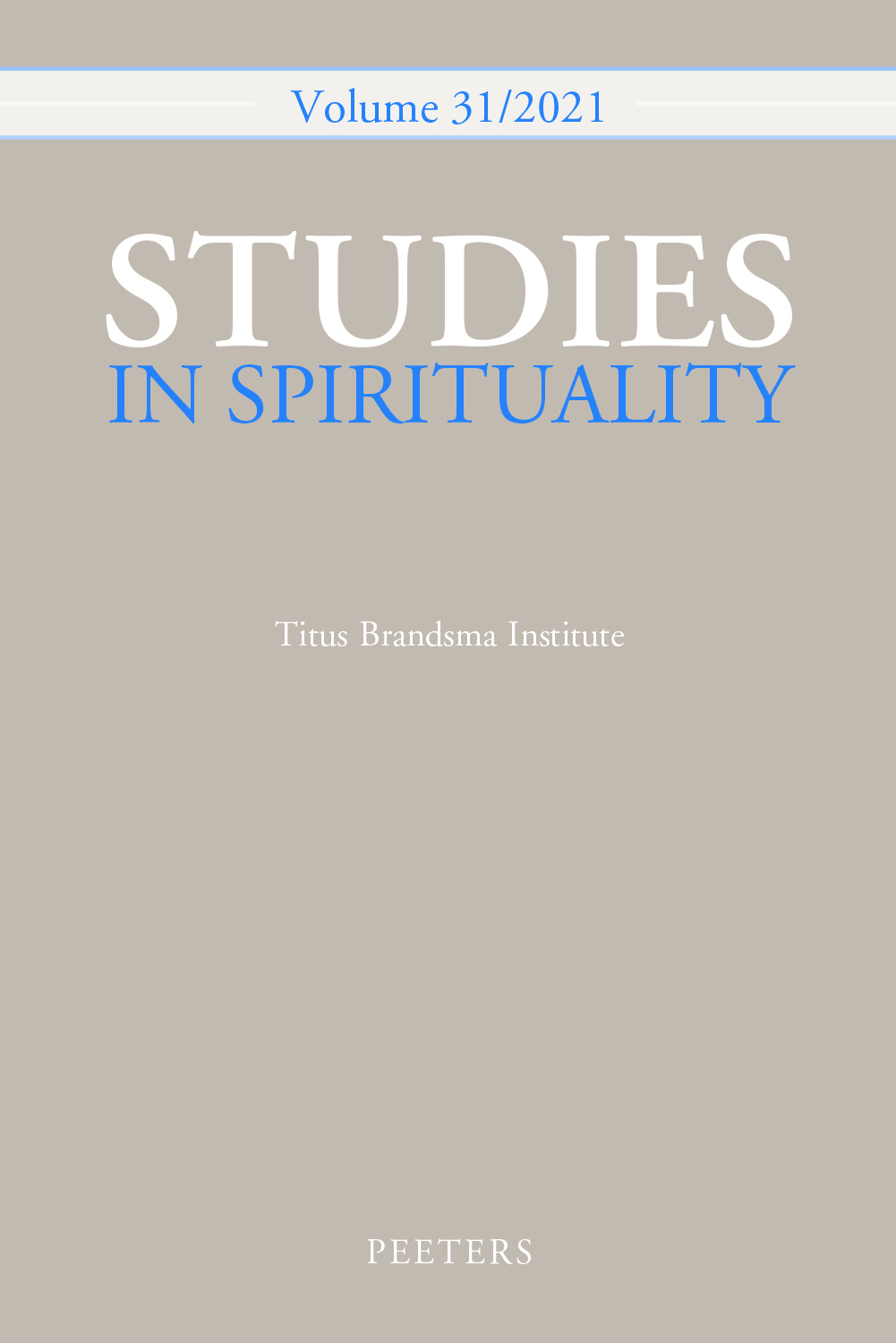 previous article in this issue previous article in this issue | next article in this issue  |

Preview first page |
Document Details : Title: Zen Spirituality in a Secular Age II Subtitle: Dōgen on Fullness - Zazen as Ritual Embodiment of Buddhahood Author(s): VAN DER BRAAK, André Journal: Studies in Spirituality Volume: 19 Date: 2009 Pages: 227-247 DOI: 10.2143/SIS.19.0.2043681 Abstract : The contemporary Canadian philosopher Charles Taylor has identified three questionable trends in our current approach to ‘fullness’ (his term for what constitutes the goal of spiritual practice): excarnation (fullness is seen as a disembodied religious experience ‘in the mind’), therapeutization (self-actualization replaces self-transcendence), and a tendency towards re-affirmation of ordinary life, rather than aspiring to fullness, which is considered damaging to our humanity. In an earlier article I suggested that such trends could be counterbalanced by a more inclusive Zen spirituality. This follow-up article shows that the thought of Dōgen (1200-1253), founder of the Japanese Sōtō Zen school, within its Japanese Buddhist context, reveals a very different perspective on fullness: it is conceived as the ritual embodiment of buddhahood, expressed through the meditation practice of zazen. Dōgen’s thought challenges the trends of excarnation and therapeutization, and offers a new Zen perspective on the re-affirmation of ordinary life. It also forces us to rethink our Western dichotomies between meditation and ritual, inner experience and outer form, and spiritual practice and fullness. |
|


